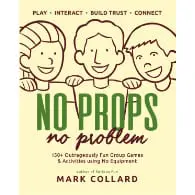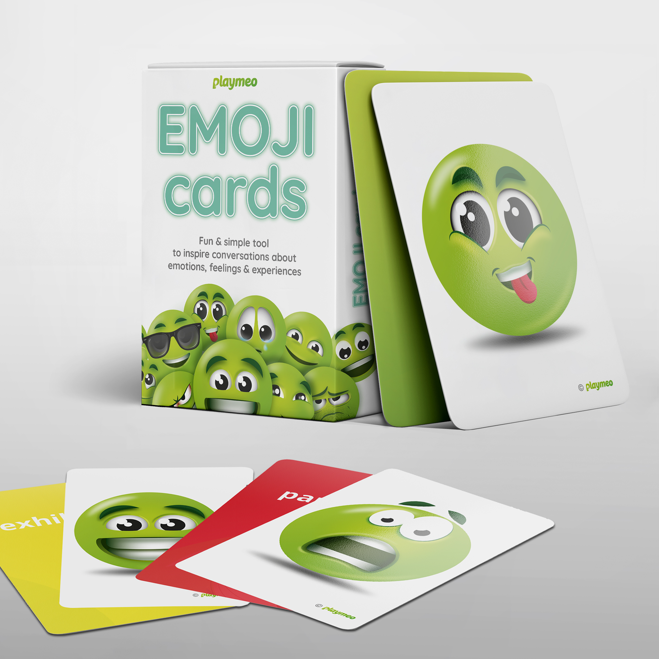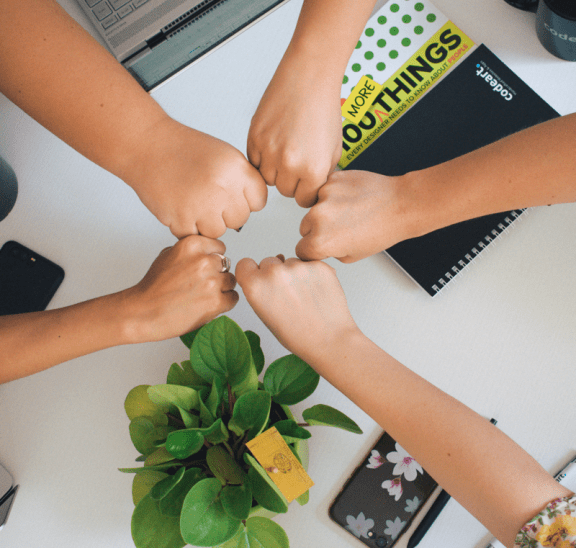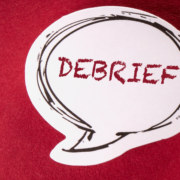Happy new year folks! May 2021 be safe and prosperous for us all 🙂
To kick off the year, I am reprinting (with permission) an article by good friend and colleague Rich Maizell. I hope it makes you think.
The article was first inspired by a recent threat to prevent playmeo from using commonly used terms like ‘trust-building’ by a corporate training business in Vermont USA (not our friends High 5,) but I think it also serves to remind us that sharing is one of the strengths of our unique practitioner community.
I, for one, would have little to work with if you took away all of the activities, terminology and lessons I have learned from others and rely on every day to make a difference in the world.
Do you have an opinion on this? Please share a comment below…
Consulting, Expertise, Generativity: Collegial Trust Building
Erik Erikson coined the word “generativity” (although he did not seek a trademark) to define the importance of sharing accumulated knowledge; the wisdom drawn from living a rich and contributory life. He felt that practising generativity is what moves society forward to a better more empathetic, compassionate, forgiving, and enlightened place. Although we experience steps forward and backward, the trajectory of human development must continue to move forward for us to thrive, or even just survive.
He was a poster child for generativity. Listen to his thoughts from an interview, published in the New York Times, with Daniel Goleman (June 14, 1988, Section C, Page 1):
Dr Erikson sees a widespread failing in modern life. ”The only thing that can save us as a species is seeing how we’re not thinking about future generations in the way we live,” he said. ”What’s lacking is generativity, a generativity that will promote positive values in the lives of the next generation. Unfortunately, we set the example of greed, wanting a bigger and better everything, with no thought of what will make it a better world for our great-grandchildren. That’s why we go on depleting the earth: we’re not thinking of the next generations.”
The flip side of this and Erikson examined the animus of each developmental period, is stagnation and self-absorption as noted above; “The example of greed, wanting a bigger and better everything.” This is antithetical to the bedrock of the experiential learning field, which comes from a place, in part, that engages the practitioner in the spirit of collaboration with others, working toward common goals; valuing input, celebrating new ideas, and abjuring competition. We must be vigilant about this animus infecting our community.
Stagnation results from an unwillingness to share. Self-absorption and defensiveness are often the outcomes of insecurity.
A Willingness to Share
The industry of experiential learning and consultation to teach the skills of goal-setting, problem-solving (hmm perhaps these should be trademarked, as well), the importance of trust-building, empathy, compassion, mindfulness, listening, etc., are rooted in generativity.
This happens in large measure because of the willingness of many professionals to share; to find a balance between what must remain proprietary, and what should be given away freely for the collective good. Not for profit organizations such as Project Adventure, High 5 Adventure Learning Center, the Association of Experiential Education as well as for-profit companies, such as playmeo, have made the free sharing of ideas an essential element of their business model. This has helped to grow the industry, while also providing access to ideas and activities for people not in the position to attend pricy trainings and workshops.
At the root of it all is a philosophy of paying it forward, giving back, and not only putting profits over doing good things for the world.
Pay It Forward v Seek to Own
However, there are companies that seek to “own” these public domain concepts. I can only imagine that this is purely from a pecuniary motive, for if you excel at what you do, then success will usually follow. This ownership model, where companies try to trademark verbiage that has been foundational to the growth of the industry, only serves to have a stifling effect, as sharing is diminished due to the fear of litigation. After all, how many experiential learning practitioners can afford legal representation, other than those who are working diligently to protect property that has been in the public domain forever; that is not theirs to claim or protect? Even the threat of litigation serves as a disincentive to share.
The idea of co-opting verbiage in the name of protecting intellectual property (that were an amalgam of previous ideas in the first place) is abhorrent. I urge all of those practising with honour in the field to be vigilant; to not hesitate to push back against the tradition of standing on each other’s shoulders of ideas. You will find a strong ally in me, our for-profit company Full Value Communities, and in many other practitioners who have contributed to and grown from a body of knowledge heretofore freely given, with the knowledge that these gifts truly benefit those we seek to serve.
No Comments

No Props No Problem
Best-selling book featuring 150+ fun group games & activities. Scan QR codes to access digital content including videos.

NEW – EMOJI Cards
Brand new deck of cards featuring emoji images to help you inspire conversations about emotions, feelings & experiences.
Top Ten Icebreakers & Group Games
Download our free 28-page ebook jam-packed with outrageously fun activity ideas.
Just one more question:
I am interested in…
Choose a plan that’s right for you
We offer a range of membership plans with no surprises.
Click an option below & discover our simple pricing.

Individual
Click here if you’re a:
- Teacher
- Corporate trainer
- Outdoor educator
- Camp leader
- Youth leader
- Conference organiser
- Therapist/counsellor
Membership Plans

Enterprise
Click here if you represent a:
- School
- Corporation
- Community-based Organisation
Explore plans for
10, 50, 200 or more
potential users
Membership Plans









Original post January 2021, last updated November 2023.